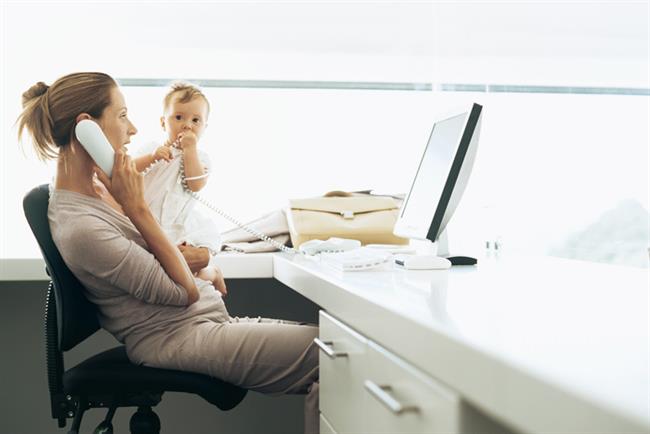
Dear adland,
I read an article in ±±ľ©Čüłµpk10 the other day that has made me really angry.
Recently, loads of attention has been given to mums returning to work in advertising and articles such as "I’m back, pitches" (±±ľ©Čüłµpk10, 20 January) are lauded and held up as if they should be celebrated.
Can we just look a little bit closer, though? This particular mum had been "out of the industry" for 11 years. She has been raising her family (which is a bloody hard job in itself – much harder than is ever given credit for) but she was also running her own copywriting business.
She has since returned to work on a returnship scheme. This scheme is a step in the right direction and is, at the very least, shining a light on mums returning to work, but should we really celebrate the fact that these creative mums effectively have to return to work as an intern?
She has had a baby, not a lobotomy. Do her previous years of hard graft and experience in the industry count for nothing? Why hasn’t she been brought back in at the level she was at previously? Surely some training could bring her up to speed pretty quickly?
Being a stay-at-home mum is demanding: 14-hour days, without a break. You can’t just book a day off when you need some downtime. Most of the time, there’s not even time for a cup of tea and a biscuit, let alone an intelligent conversation with another adult – both of which you have plenty of time for in the office.
But it also comes with heaps of transferable skills all particularly beneficial for the advertising industry: next-level multitasking, unrealistic deadlines, managing unreasonable demands often with no budget, placating tantrums etc – as well as a new viewpoint on the world only gained when you become a mum, which changes everything.
Mums are so important in this industry. So many brands want to talk to mums yet have people working on them – client-side and in agencies – with no idea what it’s actually like to be a mum! Because working mums in this industry are scarce. Because the reality is it’s so rigidly inflexible. Or you can have an internship.
I think it’s time for honesty and calling it how it is. This is bullshit.
Mums are the best. Because when we come back to work, we have to work harder than we did pre-children. Because we have to prove ourselves. ALL. OVER. AGAIN. Because we have to show that we can, in fact, do it all. All with a hard stop looming at 5.30pm when we have to race home, collect our children, feed them something moderately healthy, try to ensure some precious time reconnecting and then get them to sleep so we can (usually) go back online and finish the work we didn’t manage to finish in the office.
It’s brilliant for the confidence! And for the "guilt fairy" that pops up several times a day when it feels like neither job is being done to the best of our ability.
We don’t swan off home to put our feet up (which is what everyone thinks when we leave the office "early").
I am a senior suit working in a top-ten agency. I currently work four days a week in the agency and have one day a week at home with my baby. But, for various reasons, I’m looking for a new challenge.
Several headhunters I’ve spoken to have advised me that I’ll never get a "part-time" role in a new place and I should "go back to work full time" if I want to change agencies. Some of these headhunters are men, some are women and most of them have families.
How disappointing. I could’ve fallen at the first hurdle.
However, persistence and tenacity have generated the support of some amazing people who have decided that trying to find me a four-day position is not too much hassle, and I am finally getting briefs for great roles in other top-tier agencies. These people are the true beacons really affecting change.
Often in the advertising industry, we look at what we’re doing through rose-tinted Ray-Bans. We are making teeny, tiny, baby steps towards breaking the mould. But we are certainly not smashing it. Yet.
We all need to do more to nurture working mums (and flexible working in general). We live in an "always-on" world, where we shouldn’t feel we’re not present and able to contribute just because we’re not physically in the office. It’s 2017, and Donald Trump is president. Come on – anything is possible.

